Breaking
- MENU

The fourth online MEI Speaks held on 8 July 2020 was a talk on Israel’s Annexation Plans by Dr. Peter Lintl, Senior Researcher at Stiftung Wissenschaft and Politik (SWP), Berlin and was moderated by Dr. Md. Muddassir Quamar, Associate Fellow, Manohar Parrikar Institute for Defence Studies and Analysis, New Delhi.
Dr. Lintl began with a brief background that Israeli government’s plans to annex parts of the West Bank generated an international stir, particularly within the European Union (EU). The decision, he said, is a turnaround for Prime Minister Benjamin Netanyahu, who was a long-time opponent of such a move. According to Dr. Lintl, the annexation debate is driven and linked to electoral campaigns of 2019.
Furthermore, he said that the Israeli government prefers to call it the application of ‘sovereignty over’ Judea and Samaria—the biblical terms for the West Bank than annexation. Moreover, the Israeli government does not see the West Bank as occupied territories but rather as ‘disputed’ territories, since the West Bank was never a sovereign independent entity before Israel took over in 1967. Instead, according to Israel, the territories were under Jordanian occupation during 1949-67 and that only Israel can be considered as the legal successor of the British Mandate. A vast majority of international scholars and organizations differ from Israeli viewpoint and see the West Bank as occupied territories, a position also established by various UN Security Council Resolutions like 242, 338, etc. Dr. Lintl further observed that technically occupation per se is not illegal under international law, as long as it is temporal. However, settlements are undoubtedly illegal and therefore annexation will also be illegal as it would amount to acquisition of territory by force.
With the help of maps Dr. Lintl displayed the Palestinian and Israeli territorial control over area A, B and area C, respectively. He showcased the “Trump Plan” through maps, displaying clear demarcation of territories and observed that in the last five years annexation has become a major point of discussion in Israeli politics and the issue has moved from the margins to the centre of public discussion within the country. The idea of annexation always existed within the Israeli Right but was rarely seen as a viable policy option. He argued that the annexation is gaining momentum for two reasons. First, the election of President Trump and his exhibition of pro-Israel stance, through decisions like recognition of the annexation of Golan Heights and the decision of moving US embassy to Jerusalem. Furthermore, the formal launch of the “deal of the century” made his intentions clear.
At a personal level, Prime Minister Netanyahu is facing the most difficult challenge of his political career, namely, indictment. Therefore, he must remain not only the Prime Minister but lead a coalition that would allow him to act against indictment by passing a law that could give him immunity against criminal investigation.
Internationally, Israel will need to tread carefully. Already, Arab states together with Russia, the EU and UN have condemned any move towards annexation. They have warned Israel that any the unilateral move will possibly threaten regional security and stability. EU perceives this equivalent to the Russian annexation of Crimea. Dr. Lintl reads such warnings as an attempt to dissuade Israel either entirely from annexing the territories or at least to postpone it until the US presidential elections with a hope that Trump would lose to Joe Biden. In his concluding remarks, he observed, that the annexation move will put a de facto end to the two-state solution as such a move sends a clear message to the Palestinians that the Israeli government is unwilling to negotiate with Palestinians as its eyes for a complete victory.
The discussion was followed by a robust Q&A session. On the question of division among the EU countries, Dr. Lintl observed that all EU countries are clear that any unilateral annexation will amount to serious violation of international law. A couple of states like Austria and Hungary categorically rejects any kind of sanctions and therefore it becomes difficult for the EU to impost any sanctions on Israel. On the question of UAE Foreign Minister writing in the Hebrew daily Yedioth Ahronoth dissuading Israel from the plan, he said that it is a noteworthy move signalling a rapprochement between Israel and the Gulf States.
He pointed out that Jordanians would not annal the peace treaty as they cannot afford it, but annexation would put a dent on the bilateral relations. Since a stable Jordan is in the interest of Israel as it acts as a buffer against Syria, Iraq, and Iranian proxies, an Israeli move can also complicate the internal stability in Jordan as it may create domestic uproar in the Kingdom due to the sizable Palestinian population. Should annexation happen, the Palestinian National Authority (PNA) will stop security cooperation with Israel, which would mean Israelis taking over policing duties in West Bank, possibly leading to more resentment and frequent clashes in the territories. But he underlined that the possibilities of another intifada, as suggested by many, is unlikely.
Finally, Honorary Director MEI@ND concluded the session and thanked all the guests and participants.
As part of its editorial policy, the MEI@ND standardizes spelling and date formats to make the text uniformly accessible and stylistically consistent. The views expressed here are those of the author and do not necessarily reflect the views/positions of the MEI@ND. Editor, MEI@ND: P R Kumaraswamy
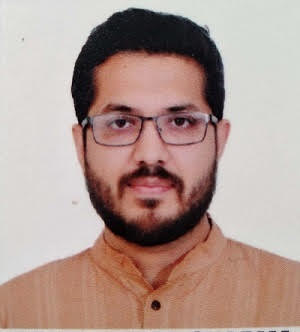
Rohit Kumar Sharma is a research scholar in Centre for West-Asian Studies, JNU. He is a law graduate and holds a master’s in international relations from South Asian University and his master’s dissertation examined the Hindutva discourse on Israel. Currently, he is working on Evolution of Cyber Security in Israel for his M Phil degree.

After being in the news for years and most of it for the wrong reasons, Shalev Hulio, co-founder and.....
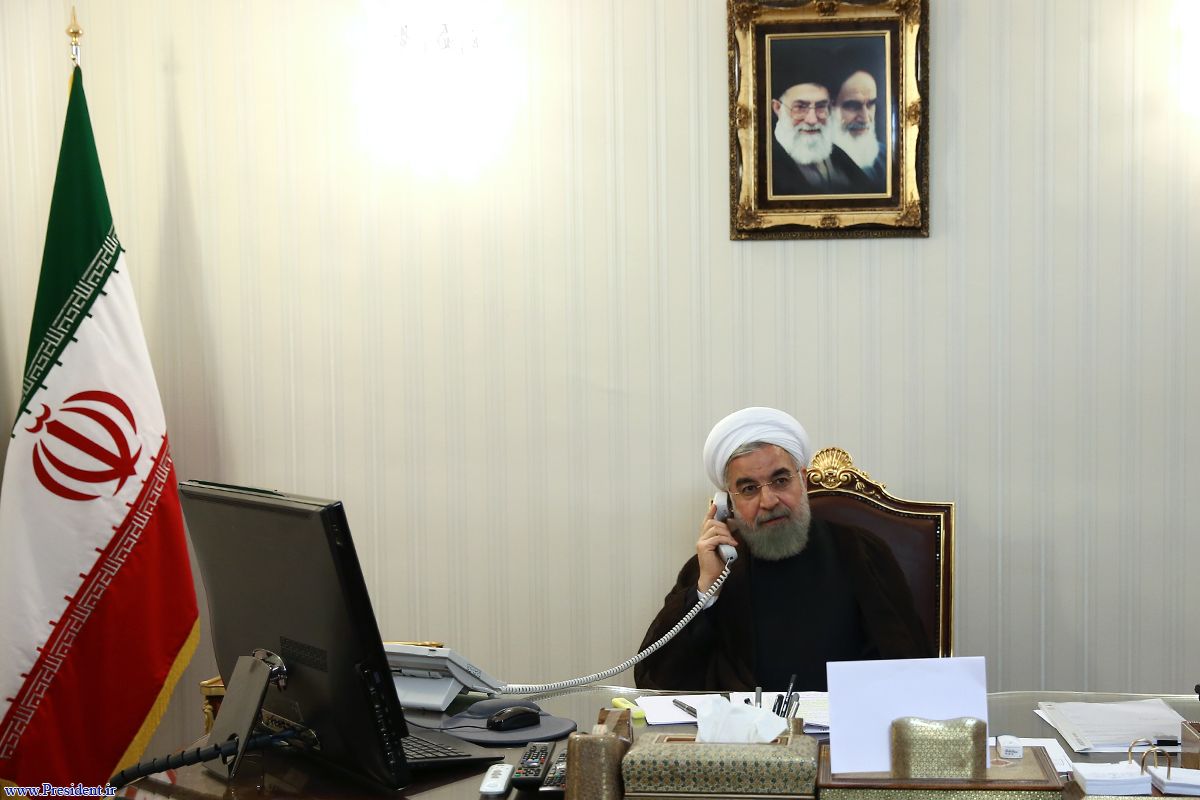
©MEI Exclusive In the recent 11-day Israeli-Palestinian armed conflict both sides reported a.....
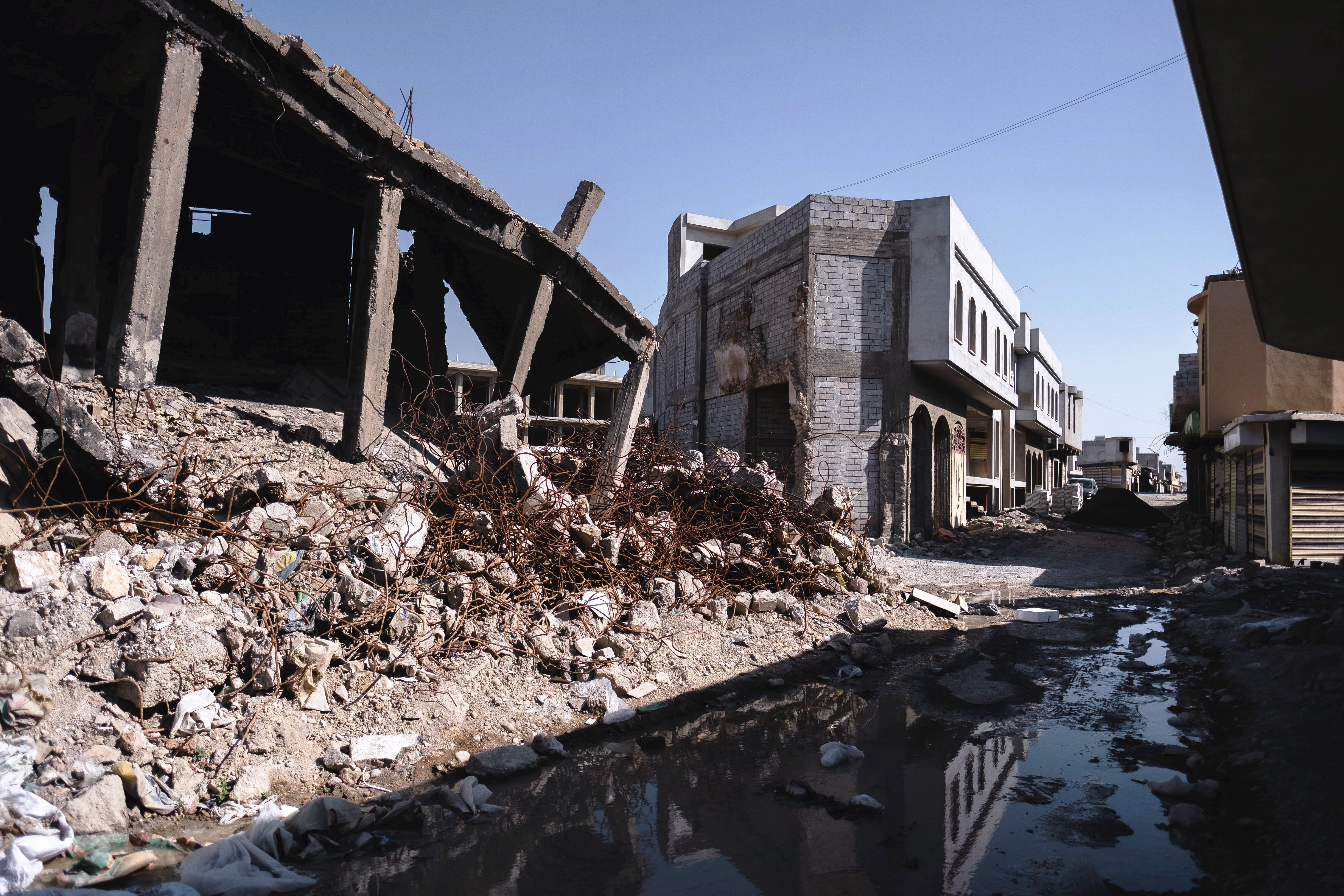
The twelfth MEI Speaks held on 16 September 2020 was a book discussion on Islamism, Crisis and Democ.....
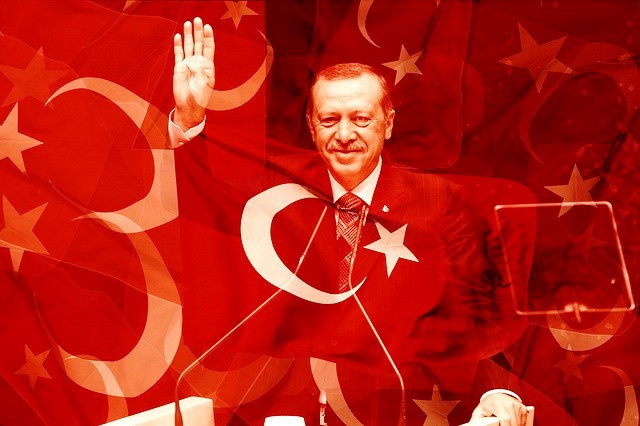
The eleventh MEI Speaks held on 9 September 2020 was a book discussion on Erdogan’s Turkey: Po.....
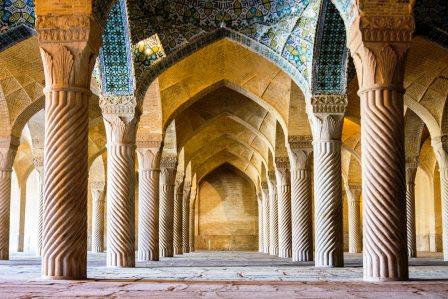
The tenth online MEI Speaks held on 2 September 2020 was a talk on Challenges Ahead: The Future of I.....

The ninth MEI Speaks on 26 August 2020 was a talk on Israel’s Bridge to the Gulf by Mr. Jason .....

The eighth MEI Speaks held on 19 August 2020 was a book discussion by Professor Meron Medzini on his.....

The fifth MEI Speaks held on 15 July 2020 was a talk on How Corruption Produced a Failed State in Le.....
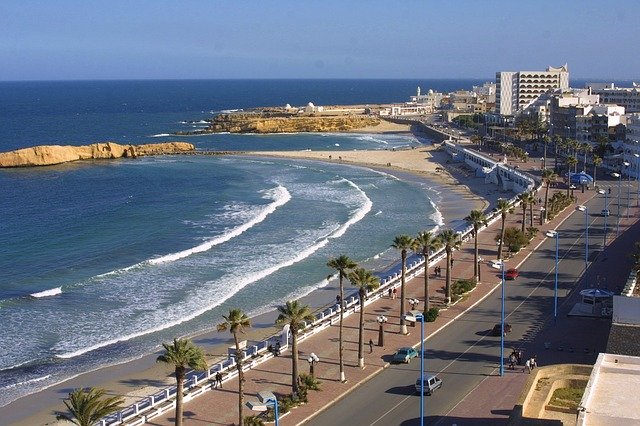
The third online MEI Speaks held on 1 July 2020 was a Discussion on Dr. Sean Foley’s Changing .....
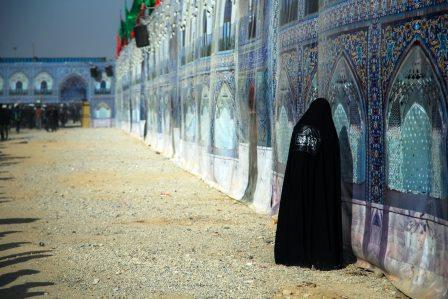
As part of MEI Speaks, the Middle East Institute (MEI@ND) organized its first online Book Discussion.....

As part of its outreach programme, on 10 June 2020, the Middle East Institute (MEI@ND) has lau.....
